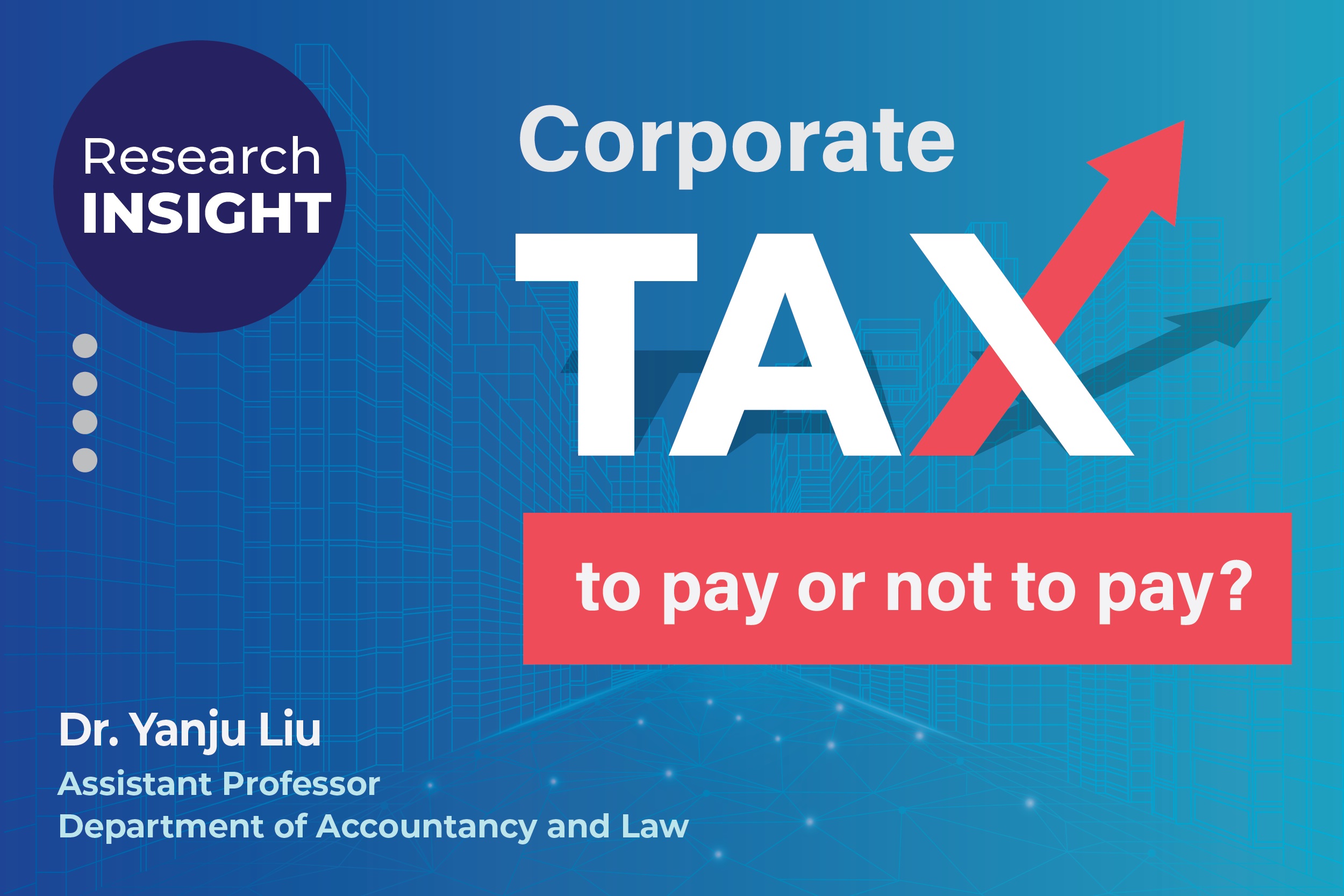School of business - research
Corporate tax: to pay or not to pay?


“In this world, nothing is certain except death and taxes,” said Benjamin Franklin. The inventor of the lighting rod, even he would be shocked that corporations like Amazon and Google pay little taxes while billionaires like Elon Musk don’t pay any.
The ongoing debate about taxation highlights the relentless efforts made by companies to minimise their tax bills. But as companies keep hiring more tax experts for their in-house tax departments, do they know whether it’s worth it? Titled “Corporate In-house Tax Departments”, a recent paper1 investigated whether the size and composition of in-house corporate tax departments – which do drive tax decisions made by firms– lead to better tax planning and compliance outcomes.
Classifying firms by the number of tax professionals working in the tax departments of 1500 S&P firms between 2009–2014, the data confirms that companies with large tax departments were taxed at generally lower – and less volatile– tax rates. Savings can be substantial: a firm growing the size of its tax department until it was large enough to move from the 3rd to the 1st quartile in size terms could expect its tax rates to fall an average of 3.3% withing a range narrowed by 17%.
The focus of in-house tax departments also matters. Using LinkedIn data to look at the professional background of people employed in corporate tax departments, it appears that firms focused on tax planning – as indicated by the professional expertise of the members forming their tax teams – tend to pay less taxes while being at greater risk of tax avoidance. Meanwhile, firms with tax departments staffed with compliance experts faced higher tax rates but were less likely to engage in tax avoidance. Paying extra fees to external auditors for their auditor-provided tax services reduces the effect of in-house tax department on tax rate and tax risk, suggesting that in-house tax investments and auditor-provided tax services are substitutes.
Should firms focus on planning or compliance? Systemic factors like complexity of operations, reputation concerns, managerial ownership and the desire to reduce both tax expenses and tax risk suggest that a company’s tax focus is mostly determined by its external environment.
If it’s tempting to pay less taxes, it’s also worth remembering that infamous gangster Al Capone – before being arrested on tax charges – said that "They can't collect legal taxes from illegal money." Alcatraz anyone?
Reference:
1Chen, X., Cheng, Q., Chow, T., & Liu, Y. (2021). Corporate In‐house Tax Departments. Contemporary Accounting Research, 38(1), 443-482.